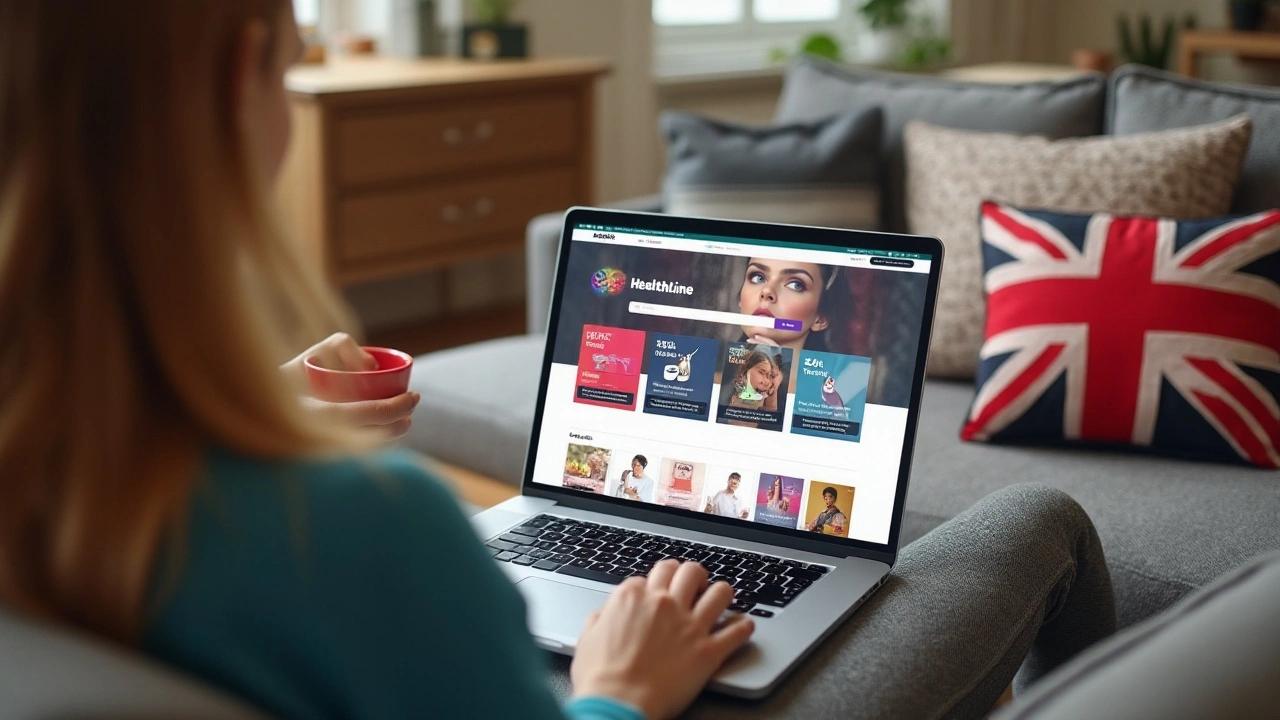Health Websites – Your Guide to Safe Online Pharmacies & Trusted Medical Resources
If you’ve ever searched the web for a medication or disease information, you know how easy it is to land on a sketchy site. The good news? You don’t have to guess which pages are legit. Below are simple steps that let you tell a trustworthy health website from a risky one, plus quick pointers on where to find cheap prescriptions and reliable medical info.
What Makes a Health Website Trustworthy?
First off, look for clear contact details. A real pharmacy lists a physical address, phone number, and a licensed pharmacist’s name. If the site hides this info or only offers a generic form, walk away. Next, check for certifications: in the US you’ll see “Verified Internet Pharmacy Practice Sites (VIPPS)” or an FDA disclaimer; other countries have their own seals. A quick Google search of the pharmacy’s name plus “scam” can reveal red flags before you click ‘Buy.’
Content quality matters too. Trusted medical sites cite sources, use up‑to‑date guidelines, and avoid sensational headlines like “Cure Cancer in 3 Days!” Look for articles written by doctors, pharmacists, or accredited health writers. When a site mixes product ads with health advice without clear separation, treat the information skeptically.
Where to Find Reliable Online Pharmacies & Discount Resources
Once you’ve nailed down what a safe site looks like, here are a few places that consistently meet those standards. GoodRx and its competitors (like Blink Health or SingleCare) offer price comparison tools without selling meds directly. For actual medication orders, reputable pharmacies such as Canada’s Well.ca, the UK‑based LloydsPharmacy.com, and US‑licensed sites with VIPPS certification are solid choices.
When you’re hunting for discounts, don’t forget coupon aggregators. Sites that specialize in valacyclovir, clonazepam, or metformin coupons often update weekly and explain any hidden fees. Just verify the coupon source before entering personal data. Remember, a cheap price isn’t worth it if the pharmacy can’t prove they’re licensed.
For disease‑specific info, turn to government health portals (CDC, NHS) and well‑known organizations like the American Heart Association. These pages give you evidence‑based facts without trying to sell you anything. If you need deeper dives on a drug, look for the medication’s page on Drugs.com or MedlinePlus—they break down side effects, dosing, and interactions in plain language.
In short, safe health browsing starts with three quick checks: verify contact info, spot official certifications, and make sure content is backed by experts. Pair those habits with a few go‑to sites for pharmacy orders and discount codes, and you’ll avoid scams while saving money. Got a favorite reliable site? Share it in the comments – the more we know about trustworthy sources, the healthier everyone stays.
Top WebMD Alternatives for Reliable Health Information in 2024
In an era where reliable health information is crucial, several online platforms offer alternatives to WebMD. This article explores some of the most credible and user-friendly health websites available in 2024. From the trusted guidance of Healthline to the authoritative insights of the CDC, these platforms provide comprehensive resources on health topics. Explore the pros and cons of each to find the best fit for your health information needs.
© 2026. All rights reserved.

